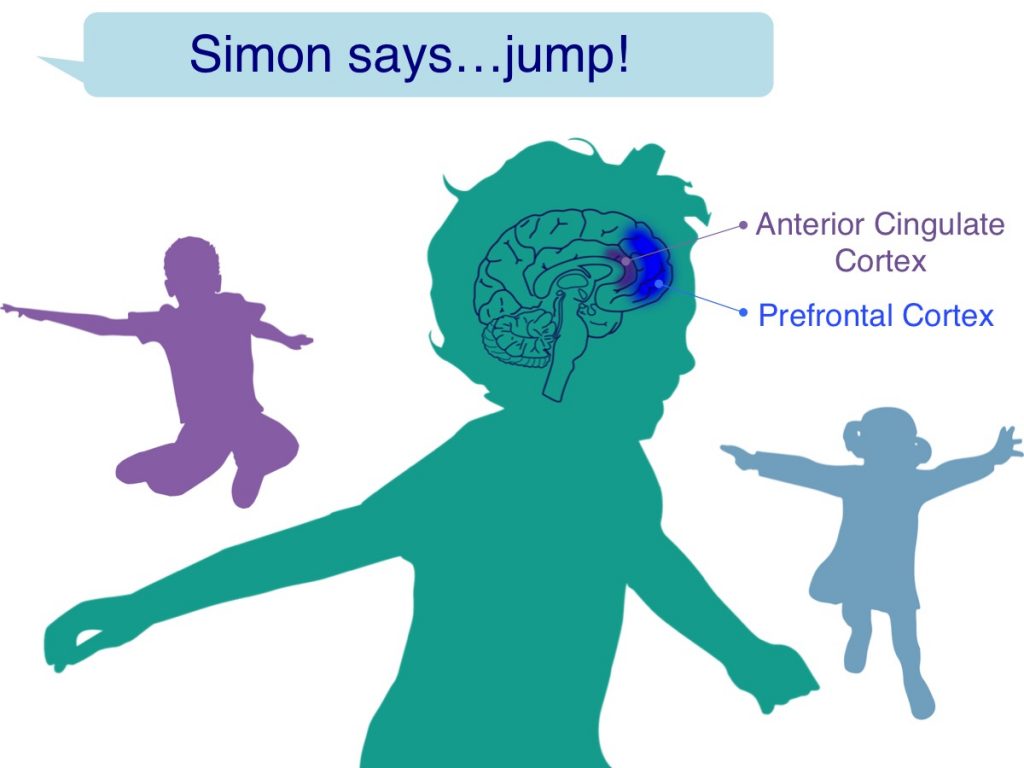
Temperament becomes more stable after age 3. At this point, how a child responds in different situations becomes more predictable. This is partly due to changes in a child’s developing brain that occur during that time.
Take self-regulation – one of the temperament categories we discussed earlier. Self-regulation skills are linked to two parts of the brain: the prefrontal cortex and the anterior cingulate cortex.
The prefrontal cortex is the decision-making area of the brain. It is slow to mature and continues to develop past puberty. As it develops, its connections to other areas of the brain strengthen and grow. By age 3, the prefrontal cortex gains more control of the anterior cingulate cortex. The anterior cingulate cortex helps control emotional impulses. Around the same time, a child begins to have better control of his emotions and behavior.
Some children are better at managing emotions and behavior than others. Genes, age and experience combine to determine our self-regulation skills. Practice strengthens a child’s brain connections and helps self-regulation skills improve. Games like Simon Says or sorting tasks are great ways to practice!
How children react will change as their ability to regulate their emotions improves. As the brain develops, a fussy infant may become a calm and content preschooler. Some children grow up to have the same temperament they had as babies. Other children’s temperament changes over time. Either way, parents can provide support that is a good fit for their child’s temperament.
-
- Anterior cingulate cortex
- part of the brain that helps control emotional impulses
- Dimension
- more or less of a behavior
- Goodness of fit
- occurs when your expectations are compatible with a child’s temperament
- Negative reactivity
- a tendency to react in a negative manner
- Positive reactivity
- a tendency to react in a positive manner
- Prefrontal cortex
- the decision-making area of the brain
- Self-regulation
- a child’s ability to concentrate, to manage emotions, and to control impulses
- Temperament
- how a person approaches the world